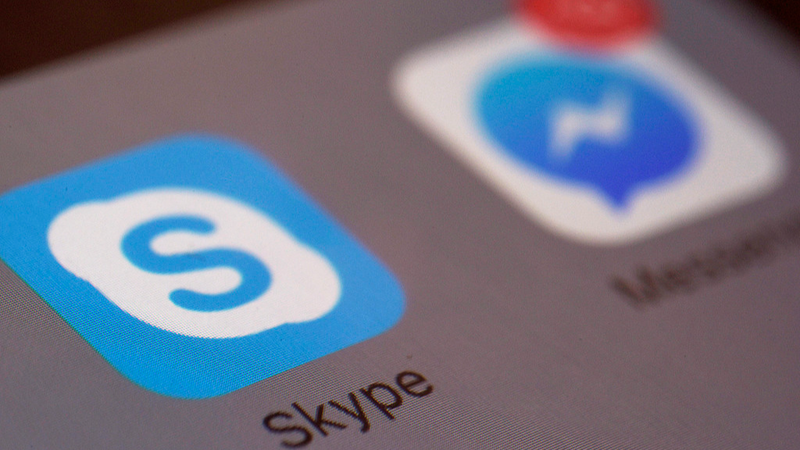Microsoft has announced it will retire Skype in May, marking the end of an era for the video-calling pioneer. The service will be folded into Microsoft Teams, allowing users to log in with their existing Skype accounts and access integrated chat and conferencing tools.
Launched in 2003 by engineers in Tallinn, Estonia, Skype revolutionized online communication by pioneering VOIP technology. By 2005, under eBay ownership, it had added video calls—opening high-quality remote conversations to businesses and families worldwide.
“You no longer had to be a senior manager in a Fortune 500 company to have a good quality video call with someone else,” said Barbara Larson, a management professor at Northeastern University. That breakthrough helped startups collaborate across borders and friends stay connected at little or no cost.
When Microsoft acquired Skype in 2011, the platform boasted about 170 million users. Over the next decade, the tech giant shifted its focus to Teams—a unified workspace for chat, meetings and apps—while competitors like Slack and Zoom capitalized on the growing demand for remote collaboration.
The COVID-19 pandemic accelerated this shift, with businesses, schools and families racing to adopt new tools. As Teams and other platforms surged, Skype’s usage declined—but its legacy endures as the foundation for modern virtual meetings.
The move to retire Skype underscores Microsoft’s aim to streamline its communications ecosystem and invest in platforms where users are increasingly active. For long-time Skype fans, it’s a moment to reflect on how a modest VOIP service reshaped global connections and set the stage for today’s digital workplace.
Reference(s):
cgtn.com



